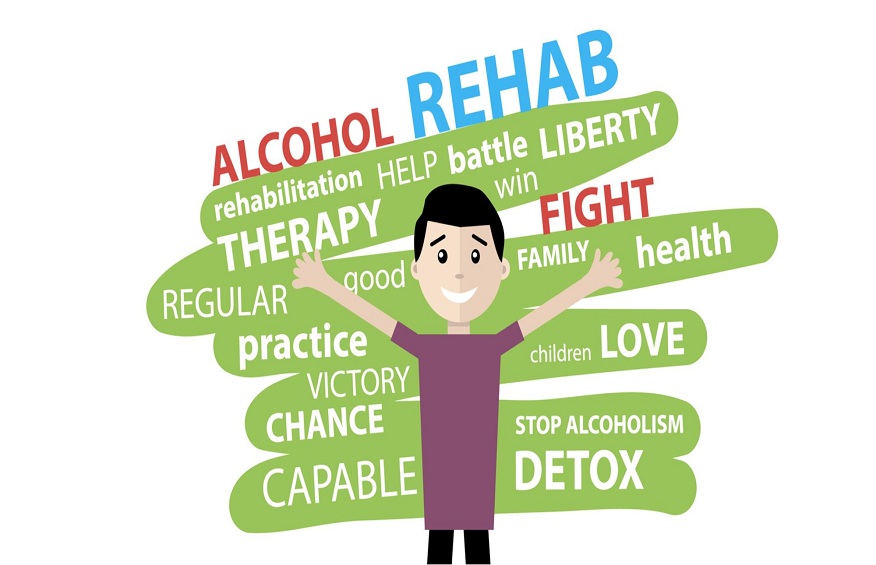Alcohol Withdrawal and Dehydration: Causes and Prevention

Alcohol withdrawal can cause a range of physical and psychological symptoms, including dehydration. Dehydration occurs when the body loses more fluid than it takes in, and can lead to serious complications if left untreated.
Causes of Dehydration During Alcohol Withdrawal
Alcohol is a diuretic, meaning it increases urine production and can lead to fluid loss. When an individual stops drinking after prolonged and excessive use, the body may continue to produce urine at a higher rate, leading to dehydration.
Additionally, vomiting and diarrhea are common symptoms of alcohol withdrawal, which can also contribute to fluid loss and dehydration. Sweating, which is common during alcohol withdrawal, can also lead to dehydration.
Symptoms of Dehydration During Alcohol Withdrawal
Symptoms of dehydration during alcohol withdrawal can include:
Thirst
Dry mouth and throat
Dark urine
Fatigue
Dizziness or lightheadedness
Confusion
Rapid heartbeat
Sunken eyes
Dry skin
If left untreated, dehydration can lead to serious complications, including kidney failure and seizures.
Prevention of Dehydration During Alcohol Withdrawal
Preventing dehydration during alcohol withdrawal is an important part of managing symptoms and promoting overall health and wellness. Here are some tips for preventing dehydration during alcohol withdrawal:
Drink Plenty of Fluids:
Drinking plenty of water and other fluids can help prevent dehydration during alcohol withdrawal. It is important to avoid caffeinated and sugary drinks, as they can exacerbate dehydration.
Eat Nutritious Foods:
Eating a balanced diet that includes plenty of fruits, vegetables, lean protein, and whole grains can help support overall health and wellness during alcohol withdrawal. Proper nutrition can also help prevent dehydration.
Monitor Urine Output:
Monitoring urine output can help identify signs of dehydration early on. If urine output decreases or urine appears dark, it may be a sign of dehydration and medical attention should be sought.
Avoid Alcohol:
Avoiding alcohol is essential during alcohol withdrawal to prevent further fluid loss and dehydration.
Seek Medical Attention:
If dehydration is severe or persistent, medical attention should be sought immediately. Intravenous (IV) fluids may be necessary to rehydrate the body and prevent complications.
In conclusion, dehydration is a common complication of alcohol withdrawal, but it can be prevented with the right strategies and support. Drinking plenty of fluids, eating nutritious foods, monitoring urine output, avoiding alcohol, and seeking medical attention can all help prevent dehydration and promote overall health and wellness during the recovery process. With commitment and perseverance, it is possible to overcome alcohol addiction and maintain a healthy, sober lifestyle.




